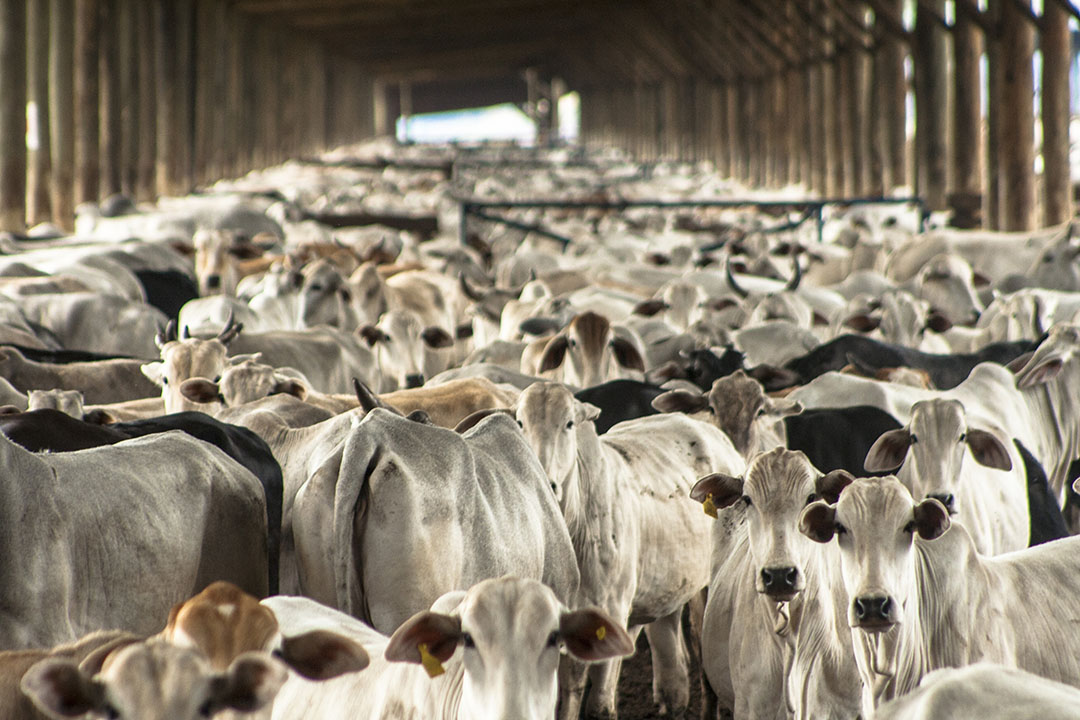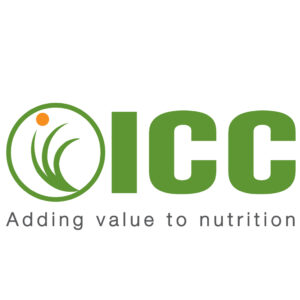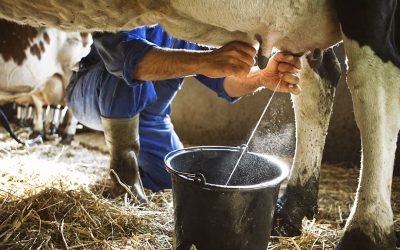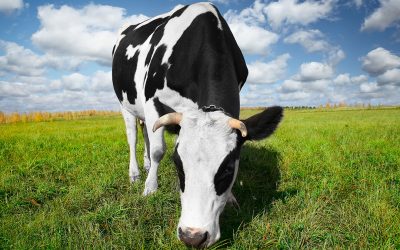Yeast: Controlling pathogens with a natural solution

Food safety is one of the most important attributes by those who consume animal source foods.
With that in mind, industries and the scientific community have been looking for improvements in technologies, nutrition and health animal to ensure safe products with no risk to human health.
In animal source foods, each stage of the production, including processing and slaughter, is an integral part of food safety from the field to the consumer’s table. Several factors can influence the end quality of the product, such as hygiene and sanitation, related to the microbial contamination of carcasses. Steps considered most critical for carcass contamination are the initial stages of the slaughter process, such as skinning and evisceration, where the skin and viscera come into contact with the flesh carrying pathogenic microorganisms.
Ruminal microbiota
The use of yeasts as food additives can also assist the rumen microbiota, reduce contamination by pathogens, and strengthen the immune system, contributing to general health and the animal’s response to challenges.
RumenYeast is a pure yeast from Saccharomyces cerevisiae that goes through the autolysis process in which the end product consists of vitamins, peptides, free amino acids, and functional carbohydrates, such as MOS and β-glucans. RumenYeast offers the perfect nutrition for the ruminal microbiota because, in addition to promoting intestinal health and strengthening the immune system, it acts by maintaining the pH and stimulating cellulolytic bacteria, thus improving rumen conditions.
A study carried out at the Animal Production Center (NUPRAN) at UNICENTRO, Guarapuava- PR, by the team of Prof. Dr Mikael Neumann and Prof. Dr Heloísa Bertagnon (Delazeri et al., 2020 – unpublished data), evaluated the effect of RumenYeast on the reduction of total coliforms and E. coli in faeces and bovine carcasses at the time of slaughter after evisceration.
The supplementation of RumenYeast in the diets reduced the faecal excretion of total coliforms and E. coli, which reduced contamination of these agents in the carcass after evisceration (Tables 1 and 2).
RumenYeast: A perfect combination
The nutrients contained in yeast-based additives are used to multiply ruminal microorganisms, increasing the fermentation of the diet; the other ones are absorbed (phagocyted), stimulating a more efficient immune response through leukocytes (white blood cells) to fight against infectious agents.
Thus, adopting a supplementation with RumenYeast, in addition to offering a perfect combination for the rumen, promotes better sanitary control and reduction of contamination rates, which means a lower risk of diseases being transmitted to consumers.
References are available on request
Authors: Liliana Borges and Melina Bonato, R&D, ICC Brazil






